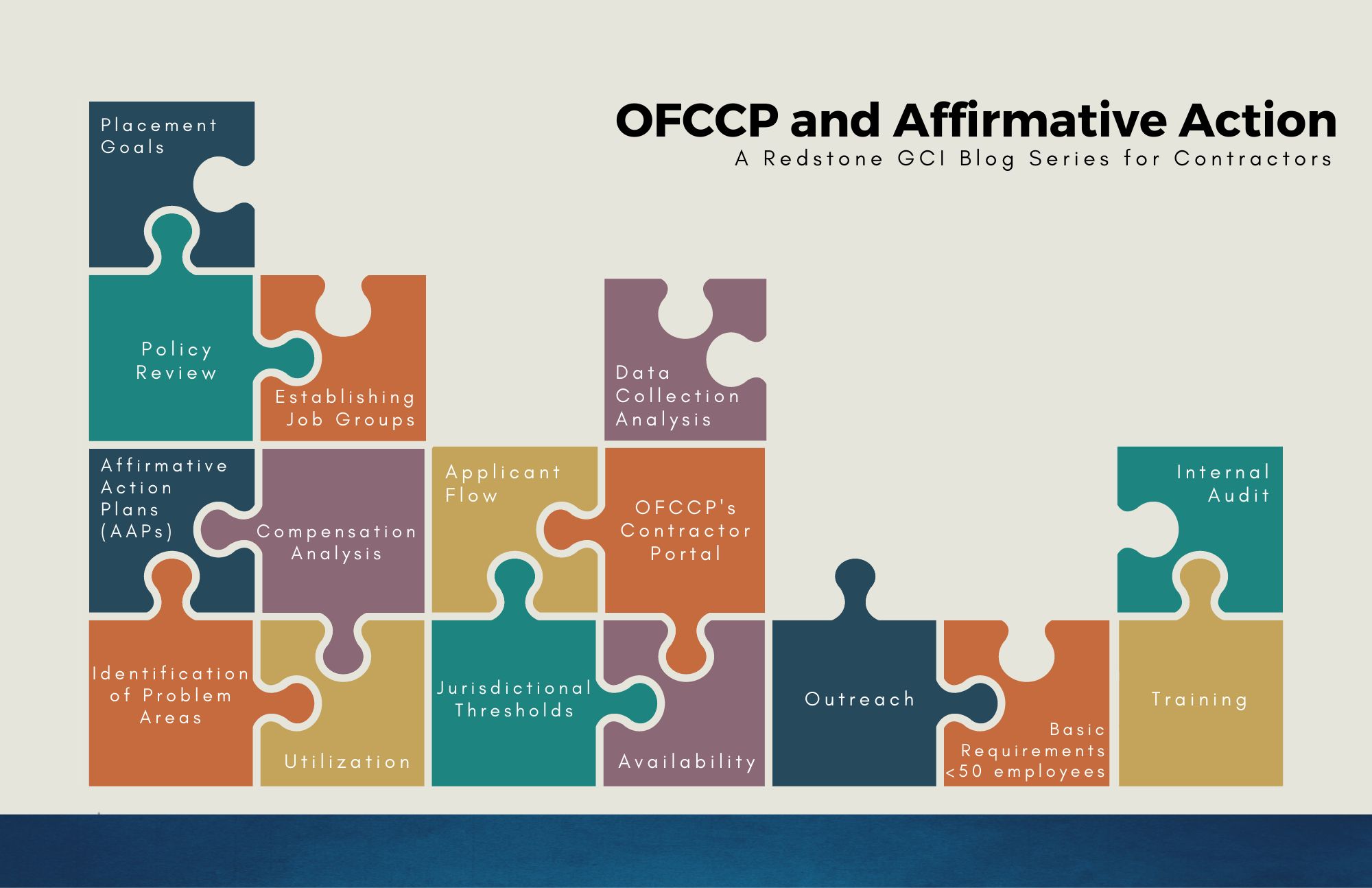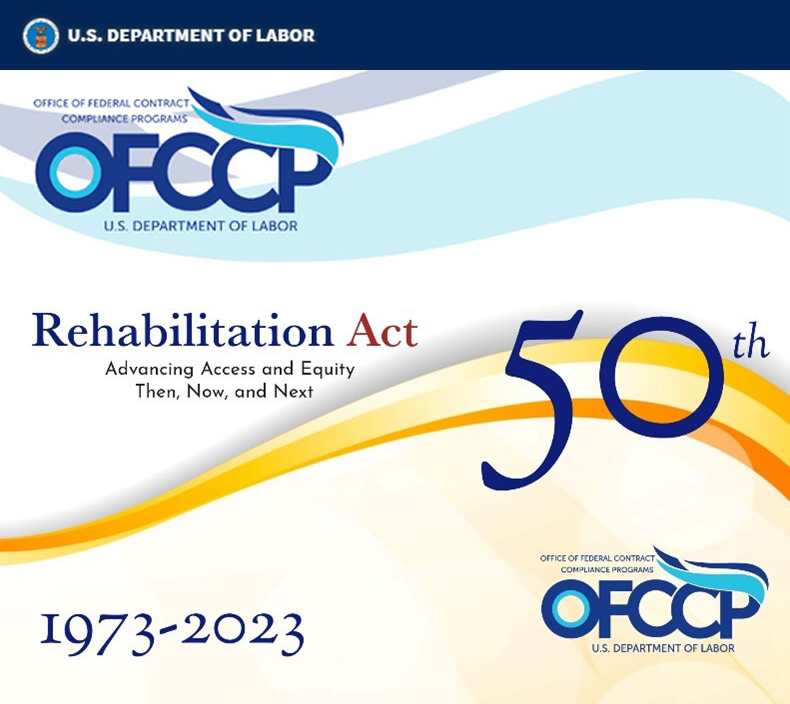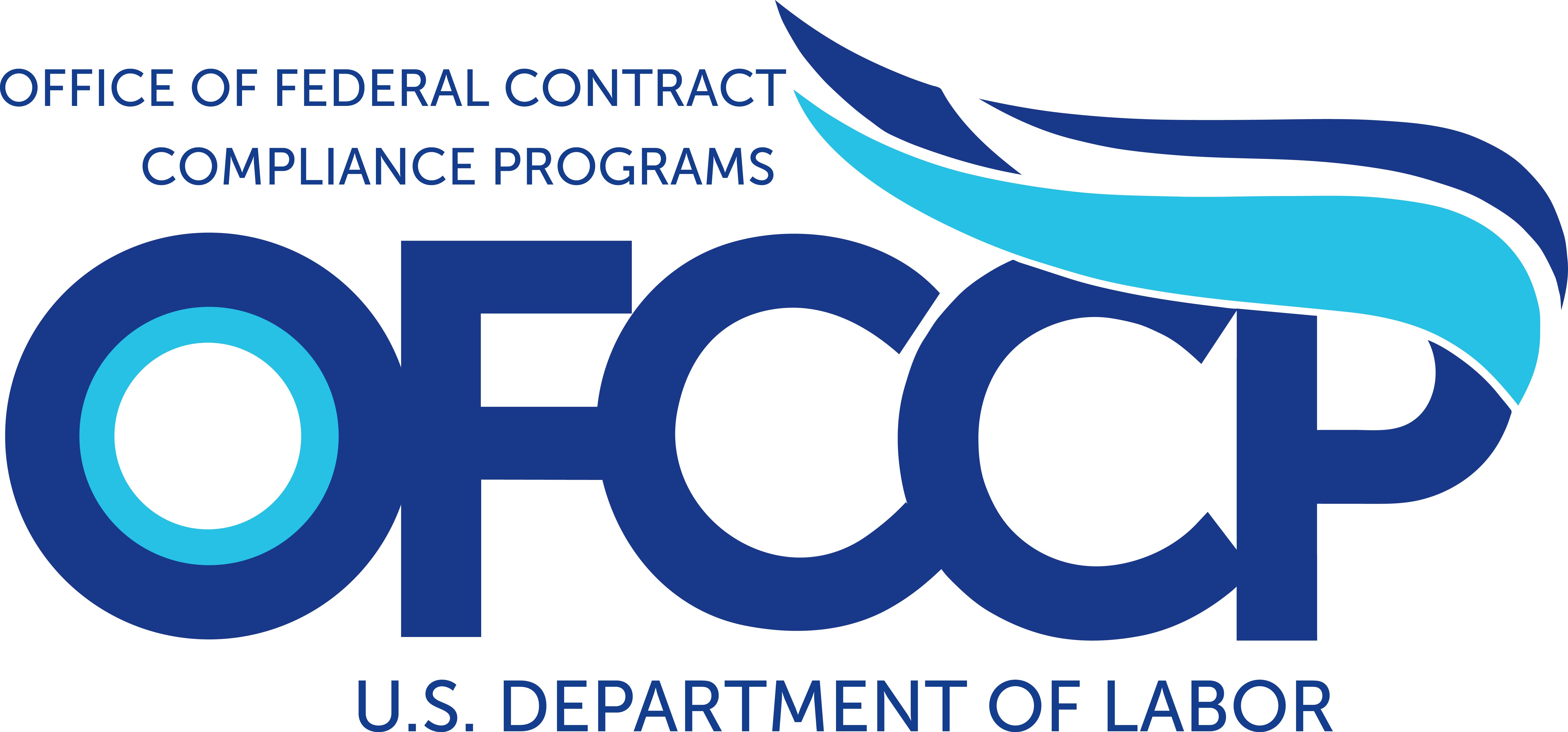Is the Office of Federal Contract Compliance Programs (OFCCP) undergoing a seismic shift that will redefine its role in ensuring equal opportunity in the workplace? The answer is a resounding yes, as the agency navigates a complex landscape of executive orders, policy changes, and legal challenges that are reshaping its very foundation.
The OFCCP, a Department of Labor agency established in 1978, has long been at the forefront of enforcing equal employment opportunity laws for federal contractors and subcontractors. However, the agency's trajectory has been marked by a history of fluctuating policies and controversies, particularly under different presidential administrations. This dynamic environment has made OFCCP compliance a constantly shifting target, with contractors often struggling to keep pace with the evolving legal requirements.
The recent landscape changes are largely driven by the revocation of Executive Order 11246, a cornerstone of the OFCCP's mission, under the new Executive Order 14173. This order has significant implications for the agency's scope of work and enforcement priorities. The core mission of the OFCCP is to ensure that federal contractors and subcontractors adhere to anti-discrimination and affirmative action requirements. The agency oversees these requirements, ensuring that companies with federal contracts provide equal opportunities for employment to all individuals, irrespective of their race, color, religion, sex, sexual orientation, gender identity, national origin, disability, or veteran status.
- Unveiling The Legacy Of Pat Hitchcock Net Worth Biography And More
- Golfkicks Net Worth Transforming Sneakers Into Golf Shoes
The revocation of EO 11246, a key directive, is a pivotal event, as it mandated affirmative action programs for women and minorities. The OFCCP reduced its operations and workforce in response to this change, but it continues to enforce other critical regulations, including Section 503 of the Rehabilitation Act and the Vietnam Era Veterans' Readjustment Assistance Act (VEVRAA). Despite this, the future of these programs remains somewhat uncertain.
Catherine Eschbach's appointment as the new OFCCP Director marks a significant development. With her background as an appellate attorney, she is tasked with overseeing the agency's transition, particularly the implementation of EO 14173's revocation of EO 11246. This transition involves adapting to a redefined mission, including ensuring that contractors understand and comply with the impact of the new executive order. Eschbach has emphasized the need to bring the OFCCP into alignment with its constitutional and statutory boundaries, suggesting a shift in the agency's focus.
Here's a look at Catherine Eschbach's background and career:
- Unveiling Arlene Silver Net Worth Insights Into Her Life And Career
- Joe Brown Net Worth An Indepth Look
| Category | Details |
|---|---|
| Full Name | Catherine Eschbach |
| Current Position | Director, Office of Federal Contract Compliance Programs (OFCCP) |
| Previous Position | Appellate Attorney, Morgan Lewis |
| Legal Specialization | Representing clients in complex legal matters, focusing on appellate law. |
| Education | *Information not available |
| Notable Experience | Experience in private practice as an appellate attorney. Overseeing the transition of the OFCCP to its new scope of mission, including enforcing EO 14173's revocation of EO 11246. |
| Areas of Practice | Appellate litigation, Federal contract compliance |
| Focus of Current Role | Transitioning the OFCCP and ensuring contractors comply with the new Executive Orders. |
| Goals and Objectives | Overseeing the transition of OFCCP to its new scope of mission; ensuring compliance with Executive Order 14173. |
| Links to relevant information | OFCCP Official Website |
The changes within the OFCCP are significant. The agency is communicating the impact of the new executive orders to contractors, informing them of the remaining obligations related to veterans and individuals with disabilities, while also confirming the enforceability of Section 503 and VEVRAA. The agency's authority is being limited, which is particularly important given that federal contractors employ approximately 20% of the U.S. workforce.
The potential outcomes of the shifts within the OFCCP, as anticipated by federal contractors, are substantial. Anticipated changes include the possible repeal of EO 11246, limits on diversity, equity, and inclusion (DEI) training, and other modifications. The agency's focus has changed significantly, from an emphasis on workforce balancing and promoting diversity. The new focus is on ensuring compliance with the law and potentially reducing the scope of the agency's oversight.
The landscape is further complicated by the Department of Labor's actions. The Department of Labor is preparing to reduce the OFCCP's workforce by up to 90%, as reported by Bloomberg Law, which illustrates the extent of the changes underway. These actions, alongside the appointment of Michael Schloss as the new acting director and deputy director of policy, indicate a strategic effort to reshape the agency.
A particularly relevant development is the OFCCPs stance on DEI policies. The agency is now investigating federal contractors who may be involved in illegal DEI policies that violate the equal opportunity clause outlined in 41 C.F.R. This highlights a shift in enforcement priorities, with the agency actively scrutinizing the implementation of DEI initiatives.
The OFCCP has also introduced a new Contractor Portal, as announced on December 2, 2021. This portal requires federal prime contractors and subcontractors to register and submit an annual certification regarding their affirmative action efforts. This move underscores the ongoing need for contractors to adapt to the ever-evolving compliance requirements. This is particularly important as OFCCP compliance can be challenging, with many contractors struggling to navigate the complex laws they are required to follow.
Recent data shows the OFCCP's actions in 2023, demonstrating its continued commitment to enforcement. The agency recovered $17.3 million from federal contractors because of alleged hiring and compensation discrimination, emphasizing its ongoing oversight and enforcement role. The OFCCP's work is essential in ensuring that federal contractors uphold their legal responsibilities to offer equal opportunities in the workplace.
Furthermore, the OFCCP's "Internet Applicant Rule" plays a crucial role in shaping the hiring process for employers working with the federal government. The rule establishes the criteria for determining who qualifies as an "internet applicant," affecting how employers manage their online recruitment efforts and maintain their hiring practices. This rule exemplifies the intricate web of regulations that contractors must navigate to remain compliant.



Detail Author:
- Name : Dr. Laisha Will
- Username : aric75
- Email : fahey.phoebe@eichmann.biz
- Birthdate : 1977-05-13
- Address : 331 Henri Mall Apt. 243 Lenoraton, MA 06180
- Phone : 539-947-5274
- Company : Bergnaum, Schaefer and Ebert
- Job : Pewter Caster
- Bio : Sed eveniet sunt dolorem vel placeat doloremque. Deserunt a unde facilis rerum sequi libero sed. Fuga veniam deserunt voluptatem dolor perferendis autem eum odio.
Socials
twitter:
- url : https://twitter.com/rowel
- username : rowel
- bio : Dolorem est vel voluptates harum. Pariatur dolorem non expedita sapiente. Qui ut provident vel ipsam magnam illo.
- followers : 5586
- following : 1554
instagram:
- url : https://instagram.com/lydia.rowe
- username : lydia.rowe
- bio : Sed suscipit et ut. Voluptate ut sed et veritatis. Sint sint id minima dolorum iure voluptatem.
- followers : 1537
- following : 2726